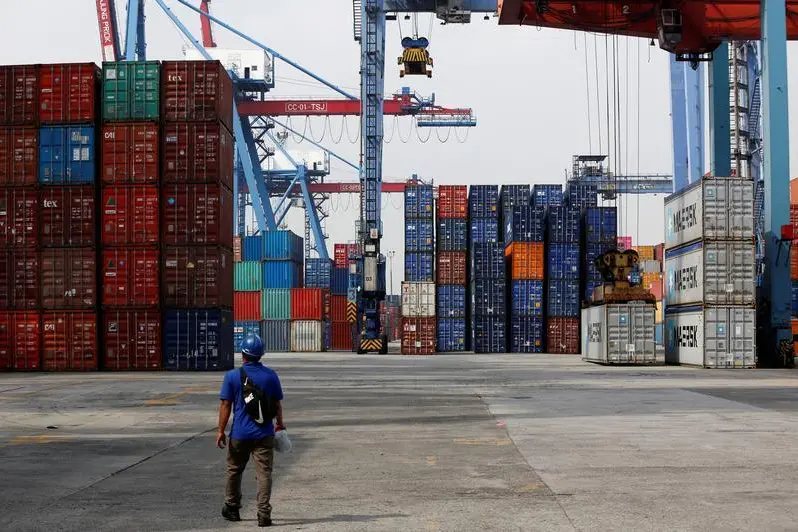PHOTO
Indonesia will allow shipments of some raw minerals to continue despite an export ban that is set to start in June, the mining minister told parliament on Wednesday.
The resource-rich country had planned to ban exports of all metal ore to encourage investment in the domestic processing industry.
But exports of copper, iron ore, lead, zinc and anode mud from copper concentrates will be allowed until smelters, many of which were delayed by the pandemic, are ready to handle the materials, said Energy and Mineral Resources Minister Arifin Tasrif.
He said banning shipments of these materials prematurely would cost the country revenue and jobs.
Companies will be allowed to continue exporting as long as their smelters reached 50% completion as of January, Arifin said, and they will be required to pay export duties.
Jakarta has said it would exempt copper miners Freeport Indonesia and Amman Mineral Nusa Tenggara from the ban as their smelter development was also delayed by the pandemic.
However, bauxite shipments would be stopped in June, Arifin said, since four existing smelters can absorb ores intended for export.
"By optimising the processing at these four smelters there would still be an additional export value of $1.9 billion ... so the government would still get a net benefit," he said.
He also noted that out of eight bauxite processing plants currently being built, seven were found to be "just open fields" despite progress reports from companies saying they were up to 66% complete.
Indonesia in 2020 banned exports of nickel ore, rattling global markets. But the ban resulted in massive inflows of smelter investment and helped boost the value of exports from Southeast Asia's largest economy.
(Reporting by Fransiska Nangoy; Editing by Kanupriya Kapoor)





















